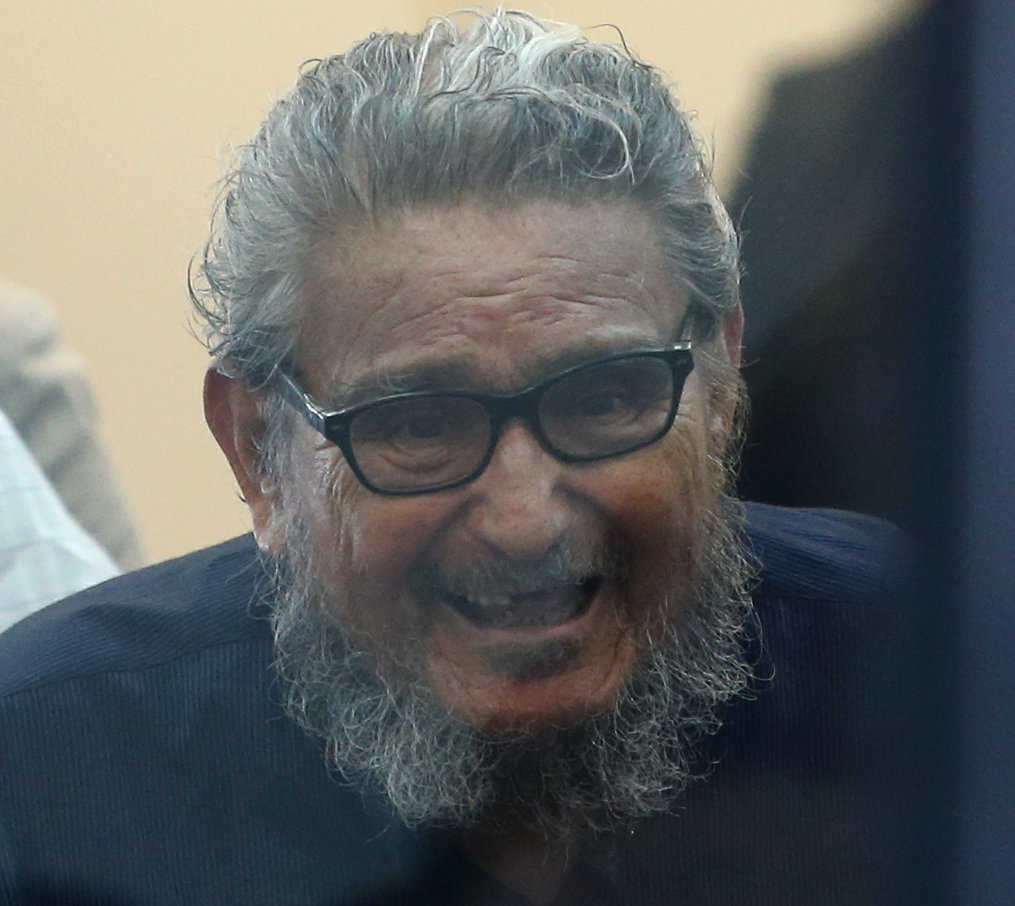LIMA – Prosecutors in Peru asked a federal judge on Tuesday to hand down a life sentence to Abimael Guzmán, the founder of the Maoist-inspired rebel group the Shining Path, for allegedly ordering a bombing in Lima that killed 25 people in 1992.
Guzmán is already serving a life sentence for having led the Shining Path’s attempt to overthrow the state.
The 1992 car-bomb attack on Tarata Street in the upscale district of Miraflores was part of the Shining Path’s bid to take its militancy to the capital from rural Peru and helped build support for a crackdown on suspected rebels by former President Alberto Fujimori.

At the start of a public trial on the bombing on Tuesday, Guzmán, now gray-haired and bearded at 82, spoke to the court only to request medical care, a sharp contrast to his shouted praise for communism at a trial more than a decade ago, when he was convicted of terrorism and sentenced to life in prison.
Guzmán’s attorney Alfredo Crespo said that lower-ranking Shining Path leaders in Lima ordered Tarata Street bombing and denied that Guzman was involved.
The bombing was the Shining Path’s bloodiest attack in Lima and followed massacres in indigenous villages in the Andes and Amazon that resisted the group’s control.
Prosecutors said Guzmán and other former Shining Path leaders, all of whom are already in prison, should receive life sentences and pay reparations for the Tarata Street bombing.
Fujimori is also in prison, convicted of corruption and human rights abuses linked to his attempt to quash leftist rebel groups during his decade-long authoritarian rule.
The Shining Path launched one of the deadliest internal conflicts in Latin America in the 1980s. An estimated 69,000 people were killed in the conflict, according to a truth commission










